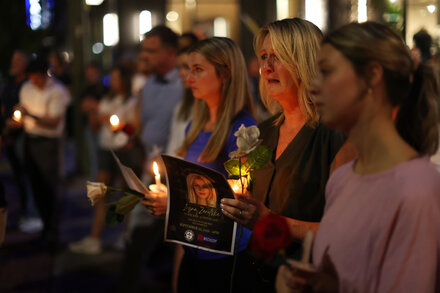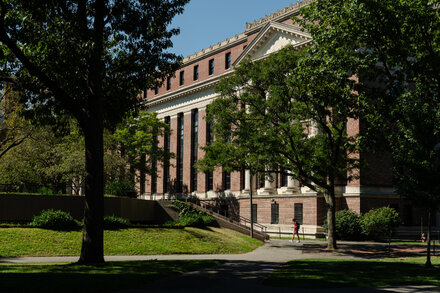Former President Donald Trump has asserted that he “took the freedom of speech away” from individuals who burn the American flag. This claim directly contradicts long-established constitutional law and Supreme Court precedent protecting flag desecration as symbolic speech.

Former President Donald Trump has asserted that he “took the freedom of speech away” from individuals who burn the American flag, a claim that stands in direct opposition to long-established constitutional law and Supreme Court precedent.
The former president’s statement, made during a recent public appearance, suggests a unilateral action to revoke a constitutionally protected right, an authority not held by the executive branch of government.
“I took the freedom of speech away” from flag burners, Trump claimed.
Constitutional Protections and Supreme Court Rulings
Legal experts and constitutional scholars widely agree that flag burning, while often controversial and offensive to many, is a form of symbolic speech protected under the First Amendment of the U.S. Constitution. The Supreme Court has affirmed this protection in multiple landmark decisions.
The most significant ruling came in the 1989 case of Texas v. Johnson, where the Supreme Court, in a 5-4 decision, overturned the conviction of a protester who had burned an American flag. Justice William J. Brennan Jr., writing for the majority, stated that “the First Amendment literally forbids the abridgment of the ‘freedom of speech,’ applying ‘in terms to all forms of expression, political or otherwise.'” The Court found that flag burning constituted expressive conduct within the scope of the First Amendment.
Following this decision, Congress passed the Flag Protection Act of 1989, attempting to criminalize flag burning. However, the Supreme Court quickly struck down this law as well in the 1990 case of United States v. Eichman, reiterating that any law prohibiting flag desecration was an unconstitutional infringement on free speech.
Throughout his presidency, Donald Trump repeatedly expressed strong disapproval of flag burning, at times calling for severe penalties, including potential imprisonment or revocation of citizenship. However, no executive order, legislative action initiated by his administration, or Supreme Court ruling during his tenure altered the legal status of flag burning as protected speech.
The power to amend the U.S. Constitution or overturn Supreme Court precedents lies outside the authority of any single president. Any change to the protected status of flag burning would require either a new Supreme Court ruling overturning its previous decisions or a constitutional amendment, a process that involves a two-thirds vote in both the House and Senate, and ratification by three-fourths of the states.
As of today, flag burning remains a protected form of expression under the First Amendment, despite public debate and political rhetoric surrounding the act.
Source: Read the original article here.





